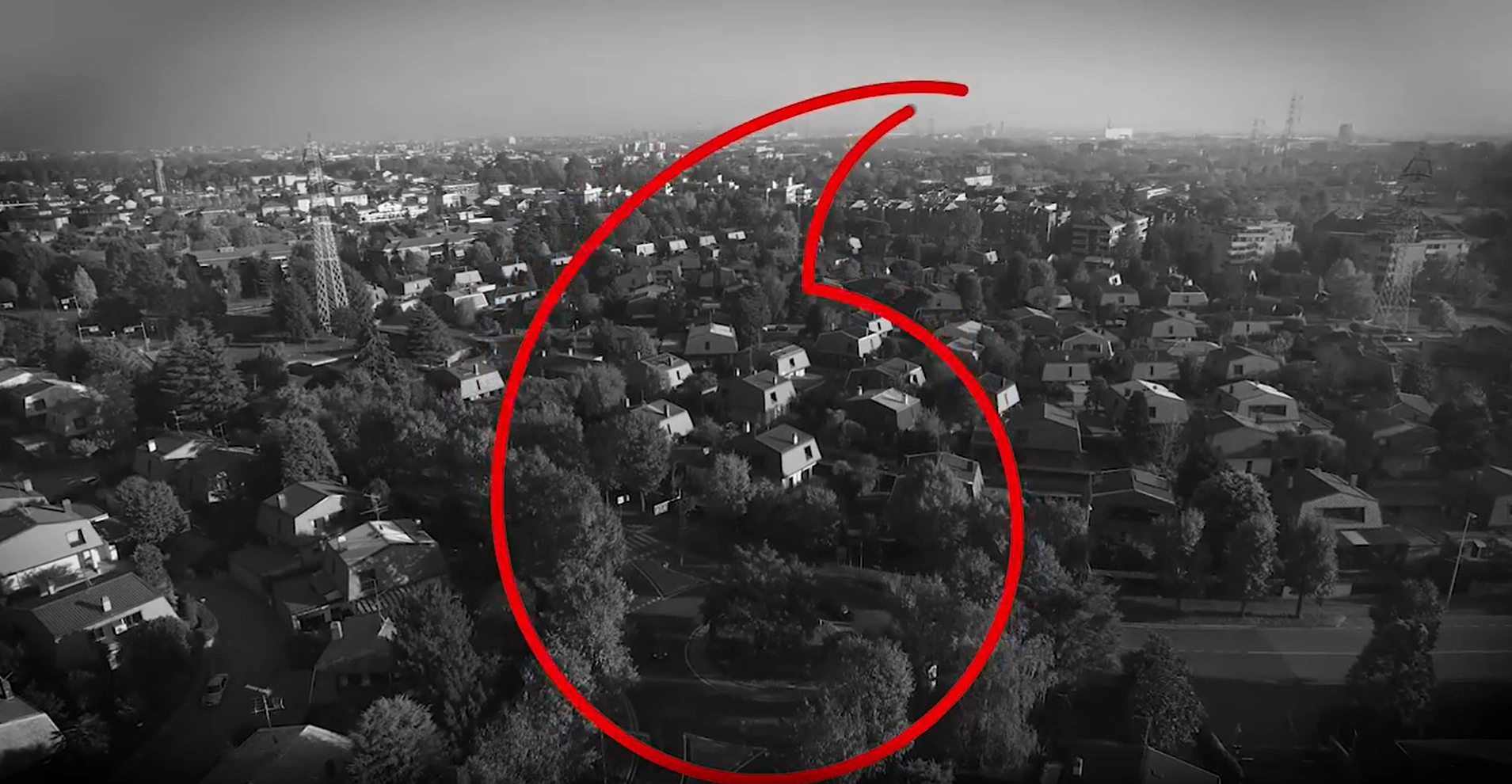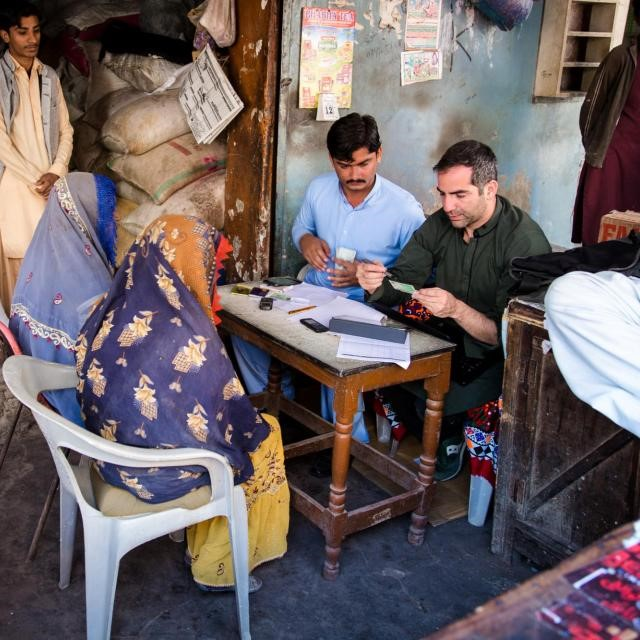Fully autonomous vehicles and printed houses go mainstream, blockchain gets ethical, 5G races ahead. This is some of the tech to watch in 2019.

Waveriders: Rollable Oled TV screens were a big draw at 2019’s CES in Las Vegas. Picture rights: CES
5G supercharges connected devices
The fifth generation of mobile data technology is almost here, with smartphone makers racing to get 5G-ready handsets to market.
At the beginning of January, Samsung brought its prototype to the Consumer Electronics Show 2019 (CES) in Las Vegas.
It was a case of look don’t touch though, with the test phone kept safe from curious journalists behind a glass case.
5G promises faster download speeds, better connectivity, and wider coverage on your smartphone.

Apres connectivity: Smart ski boots track speed, distance and location, but still can’t whip up a warming Gluhwein. Picture rights: Atomic Hawx Ultra Connected ski boot
As well as super-charged smartphones, the other big winner in the race to 5G is likely to be the Internet of Things (IoT), with the ability to connect far more devices to each mobile cell site than in the past.
Connected devices and wearables featured heavily at CES, from the usual health and fitness trackers, to breast pumps, ski boots and even a belt which tracks movement, waist size and more.

Still in nappies: The Monit smart diaper comes from South Korea – no more sniffing dirty nappies thanks to the internet of things. Picture rights: Monit.
One device, an award winning robotic sex toy for women called Ose, was withdrawn for being ‘immoral’, causing allegations of gender bias.
Meanwhile, Alexa and Google Assistant battled it out on the showroom floor. The fight to control the connected home, and ultimately energy efficient smart cities, is far from over.

Songdo in South Korea is one of the original smart cities. Picture rights: Hwan Hyeok Kim on Flickr.
Autonomous vehicles drive into the mainstream
Self-driving cars have generated a huge amount of publicity in recent years – not all of it good.
In March, a woman in Tempe, Arizona became the first person to die in the US after being hit by a self-driving vehicle.
More recently, a Russian robotics company claimed a self-driving Tesla knocked over a humanoid robot on the way to CES - however it may have been a publicity stunt.

So it’s no surprise as self-driving technology expands into tractors, big rigs and more that safety has been a top concern at CES this year.
Advancements in cellular vehicle-to-everything (C-V2X) communication have also caused a lot of excitement. This lets your vehicle communicate with the infrastructure around it, and vice versa.
Ducati and Ford were among manufacturers demonstrating this technology in Las Vegas, with the latter aiming to implement it by 2022.
Blockchain for good
January marks 10 years since the mysterious Satoshi Nakamoto mined the genesis block of bitcoin. Experts now believe the real genius of blockchain lies not in cryptocurrencies, but its underlying decentralised, digital ledger technology.
Some believe it has the potential to be more transformational than the internet.
The GoodDollar project, announced in November, aims to reduce global wealth inequality by using blockchain-enabled smart contracts to distribute a basic universal income.
It remains a work in progress, but blockchain is increasingly being used by United Nations agencies.
Unicef launched Game Chaingers, a charity that invited gamers to raise funds for children in Syria by mining ethereum – and the World Food Programme’s Building Blocks initiative uses digital identification profiles.

The World Food Programme’s Building Blocks initiative. Picture rights: World Food Programme
“The characteristics of blockchain technology can enable critical social impact applications aligned to the SDGs [Sustainable Development Goals], for example supporting financial inclusion and identity, ensuring the provenance of food and medicines, prevention of child tracking and better management and accountability of development aid, therefore rebuilding civic trust,” said Professor Sally Eaves, Chief Executive of Sustainable Asset Exchange (SAX), the world’s first blockchain based secure trading platform.
3D design for life

Living in the future: An artist’s impression of Project Milestone, in the Netherlands. Picture rights: Project Milestone.
Although using 3D process in construction dates back to the mid-2000s, it was only summer 2018 that a family moved into the world’s first liveable 3D house in Nantes, France.
The four bedroom house took just 54 hours to print (and only cost around £176,000 to construct). The architect, Francky Trichet, reckons his team could now print the same 95m2house in 33 hours.
In the Netherlands, Project Milestone aims to be the world’s first commercial 3D-printed housing project.
The first cluster of futuristic houses, which reference the “menhir-like structures of Stonehenge”, feature curved walks with balcony recesses and deep-set windows and doors. The Eindhoven development will be completed this year.
The architects behind this believe people will soon be able to design and build their own houses, “at the touch of a button.”

























